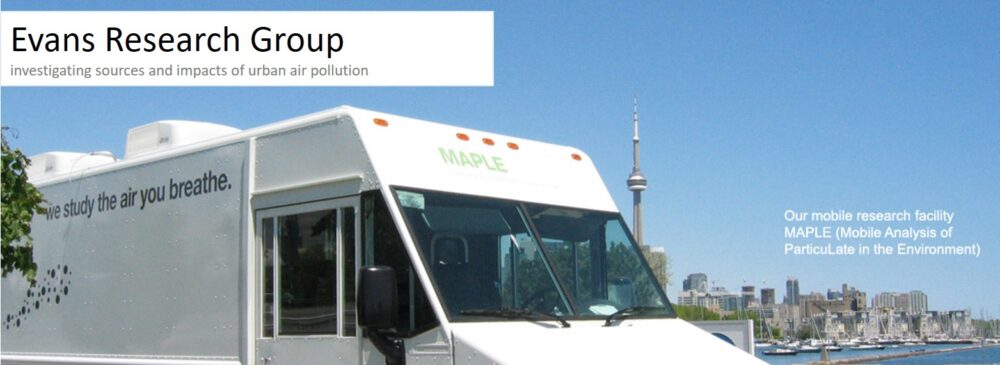It’s widely known that traffic related air pollution is associated with long-term health effects like cancers, cardiovascular or respiratory illnesses. But there’s more that could be learned about the short-term exposure to traffic-related air pollution. In the first SOCAAR Seminar for 2015-16, Marianne Hatzopoulou, Associate Professor in the Department of Civil Engineering at the University of Toronto discussed the application of transportation and emission models to investigate air pollution in the city of Montreal. The main research questions presented were: i) How can we improve measures of exposure? ii) What is the role of integrated transportation-dispersion models? Can transportation models replace atmospheric dispersion modelling? Continue reading
Tag Archives: cardiovascular health
Human exposure studies investigate response pathways to air pollution
Air pollution is often linked to adverse effects on respiratory health but it can have even stronger ties to cardiovascular health issues. In the first SOCAAR Seminar of 2013, Drs. Krystal Godri Pollitt and Bruce Urch discuss their findings from a number of recent human exposure studies looking at the effects of particulate matter (PM) exposure on cardiovascular health.
A number of studies over the last 10-20 years have found pollutant exposure has led to increases in cardiovascular related illness or death. But the mechanisms of the body’s response to exposure is still unclear. The research presented aims to improve the understanding of the response pathways to PM exposure, information which could ultimately be used to improve the air quality policies that are implemented. Continue reading
